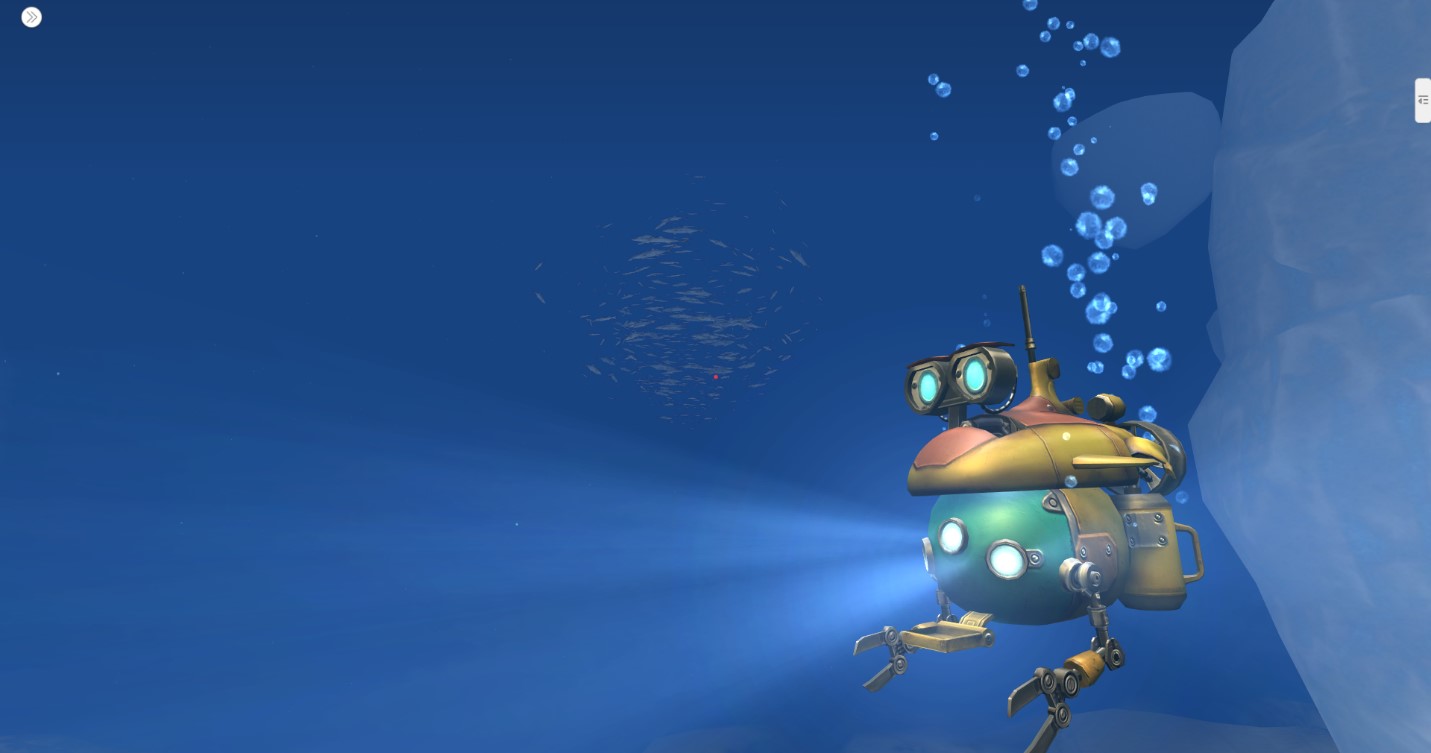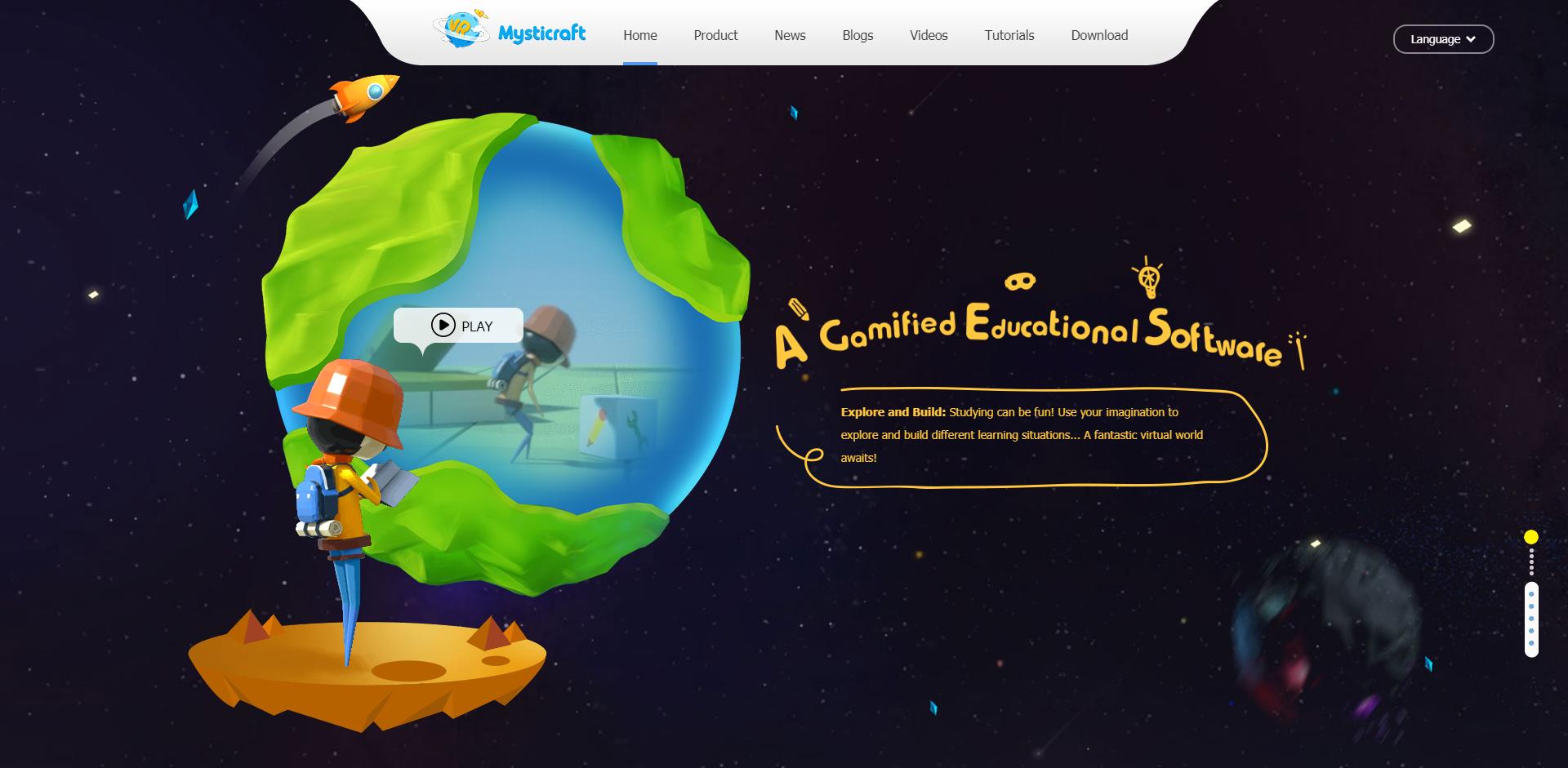According to Wikipedia, the definition of experiential learning is: "the method of learning by experience" and, more particularly, "learning via the reflection on performing." Teachers know that a learner absorbs more quickly and preserves more knowledge when the subject material pertains to them personally. This Virtual Reality Software for PC is working towards making the process of learning extremely personal. The method of experiential learning includes both self-initiative and self-assessment, along with a hands-on activity.

The benefits of Experiential Learning are not just limited to youngsters but it caters every age group. Now you must be thinking about how experiential learning can be implemented to a preschool or school-age kid when they seem so young. This approach is readily transmittable to small kids as it utilizes real-world applications to facilitate students to analyze critically about complex concepts. Experiential learning makes children do the work for themselves and have a significant commitment to the subjects at hand. The children do not passively grasp information from a tutor, but with the help of Virtual Reality Software for PC, they instead actively engage with passion and inquisitiveness.
How Experiential Learning Is Better Than Conventional teaching methods With VR Software?
Kids may press pause or forward the lectures if they believe the content doesn't pertain to the "real world." Experiential learning applies information and concepts and makes them "real" by utilizing them to hands-on tasks, with solid results. As the student communicates with the data, it becomes authentic to them. Of course, each student's training activity will be guided by their individual past experiences, and thus each will associate with the information and the task in different ways – and with diverse results. Thus, the experiential classroom is more like a "real" society.
In the "real world," difficulties often have more than one resolution, and "two heads are always better than one." Experiential learning enables the kid to retain their creative portions of their brains and come up with their own unique and most fulfilling solution to a hands-on task. This creativity, and the kind of results generated, enhances the classroom – and society – as a whole.
Reflection is an indispensable element of the experiential learning process. By combining concrete experiences with abstract theories, and then reflecting on the consequence, kids engage more areas of their intellect and make true, intimate connections with the material. They analyze how their actions influenced the outcome, and how their results may have diverged from other students'. This analysis assists them in a better understanding of how the concepts learned can be implemented to other, various events.
Experiential learning includes a trial by error. As kids get involved in hands-on tasks, they discover that some strategies work better than others. They reject the ones that don't work, but the act of attempting something and then rejecting it – ordinarily regarded as a "mistake" – actually turns out to be an important part of the learning process. Thus, kids learn not to fear errors, but to appreciate them.
The act of exercising a skill stimulates the neural connections in our brain, making us, in conclusion, "smarter." Virtual Reality Software for PC requires practice, problem-solving and decision-making skills. As kids' involvement increases through these processes, the speed of learning also quickens and the retention improves.

The personal nature of experiential learning engages the kids' sentiments as well as heightening their knowledge and abilities. When they see the actual results of their labor, they feel more prominent gratification and pride, thus improving their excitement for further learning.
Many experiential learning projects are grounded in "real-world" activities which makes them career-oriented by nature. During these activities, students begin to identify and strengthen their skill sets, abilities, and passions. This discovery, in turn, places them on a further specified path to college and careers.
Most experiential learning projects are communal, with kids operating in groups. With these team projects, they learn to work effectively and efficiently together, generating a plan of action, and employing the unique qualities of each team member. In turn, the kids learn real-life management skills, as well as they, get aware of how to utilize critical thinking and adjust to changing circumstances.

Among all educational VR software in the market, VR Mysticraft stands out the most. It is conceptualized in educational technology that uses the unique, gesture controls, student-friendly interface, embedded educational resources, and simple-to-use teacher controls to help kids of this modern age learn and grow faster. It is a groundbreaking new technology created to help raise engagement and improve knowledge retention for kids of all ages.